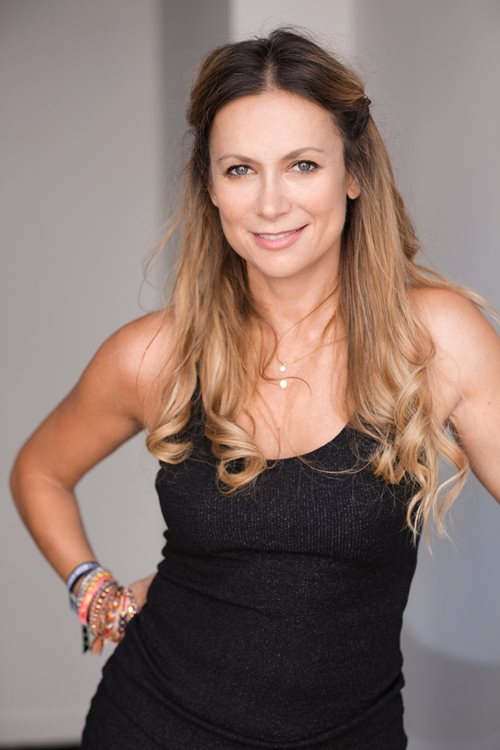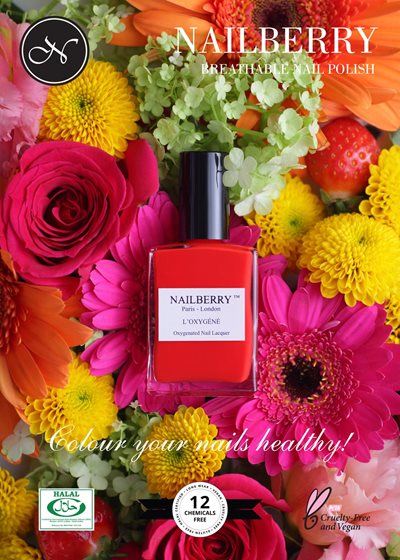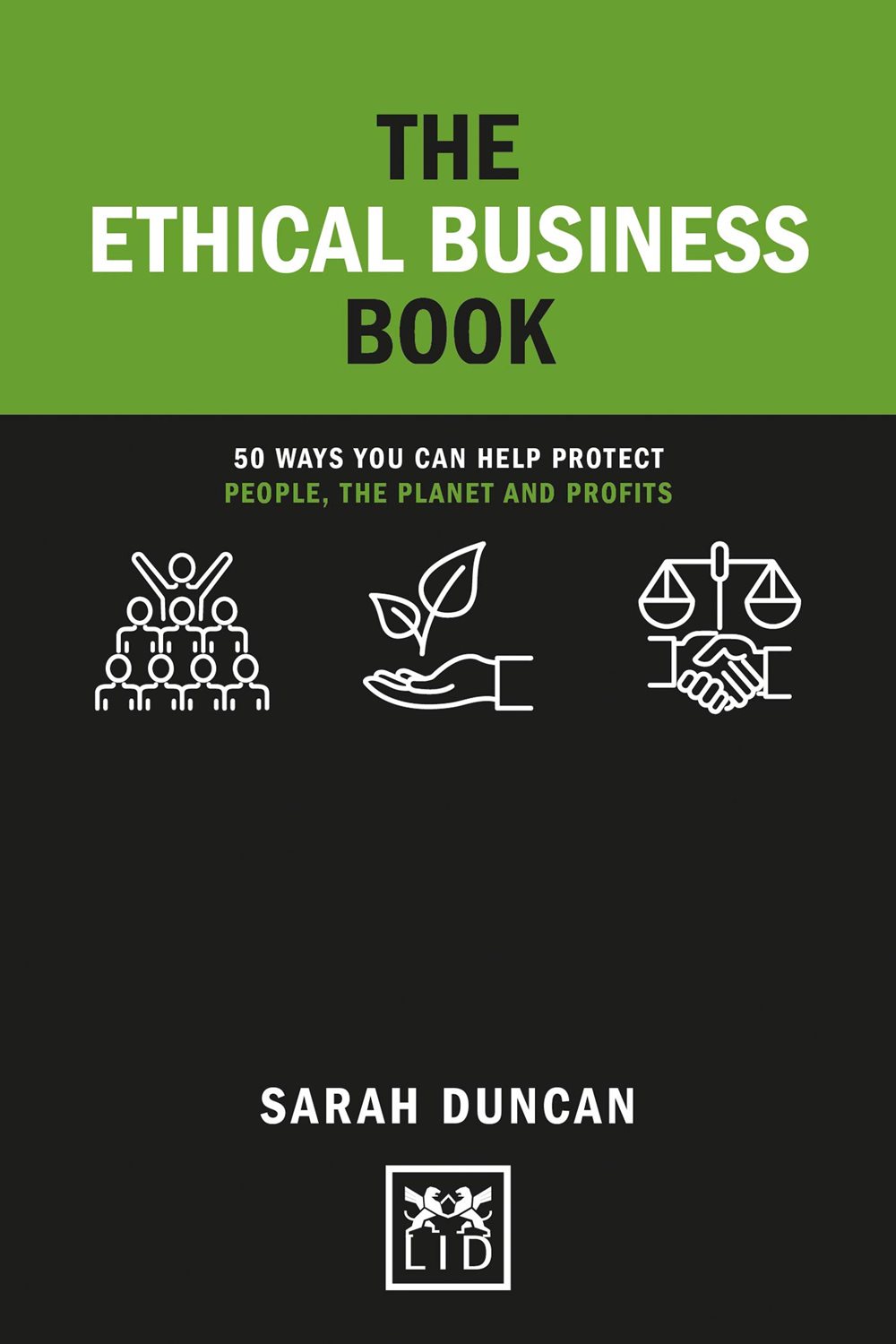
Green up your brand
Sustainability is a confusing word. With transparency and authenticity being seen as key to brand loyalty – it’s time businesses made sure that every element of their operations makes a positive impact.
Sustainability has become a catch-all term for any activity that we want to present as better for the planet, whether it really is or not. For businesses this is a blessing and a curse, but with consumers getting wise to greenwashing.
Given the expansion of plastic-free campaigns and the rise in activism, especially from the millennial generation down, it’s not enough to nod and like a few things on social media that echo your green credentials. In 2019 and beyond, a business’s reputation relies on committing to long-term change. Find out what changes other businesses have made and what being “sustainable” (a tricky concept to pin down) means to them.
How can you make your business sustainable from top to bottom? Start-ups often find themselves in a more privileged position, being by nature quick to pivot, lean in numbers and short in supply chain. It’s arguably easier to build the blocks of a more eco-friendly business from the get-go, like changing tack on a dinghy rather than trying to turn round an oil tanker. Nevertheless, change is possible.
It pays to be green
The ethical marketplace was worth £84 billion in the UK last year, with double-digit percentage rises in ethical fashion, skincare and organic food and drink. Plastic packaging, fast fashion and unhealthy food are out. Being conscious about what you put in and on your body is in.
At Nailberry, a vegan, cruelty-free nail varnish brand based at Grand Union Studios in Ladbroke Grove, sustainability means three things to Sonia Hully, Founder and CEO. Investigating the supply chain; choosing partners who hold strong ethical credentials; and sticking to your beliefs. Nailberry looks to Ecovadis, a ratings agency that scores companies on their sustainability ratings, to identify green suppliers.
“We work with a manufacturer on the Ecovadis platform which achieved a good score (60/100). I also refuse to distribute Nailberry in China because they still test beauty products on animals. I am missing out on a huge opportunity but I won’t budge. And I turn down any brands working with fur during London Fashion Week,” says Hully.

Sonia Hully, Founder and CEO of Nailberry
Communicate what you’re doing
Consumers don’t expect every business to be 100% sustainable (which is impossible) or for massive change to happen overnight, but they do expect you to try – and be honest about your efforts. Without any messaging, even if it’s not all positive, they’ll make their own assumption about your relationship with the planet, and it might not be a good one. Waldyr Arias, Managing Director of ethical laundry company Ecozone, at Barley Mow Centre in Chiswick, says, “It’s important to be as clear as possible to consumers about who the company supports and any credentials products have that customers might need for their life choices. Support bodies that root for positive change and protect the environment. We work with many, such as Cruelty-Free International, The Vegan Society, The Naturewatch Foundation and more.”
Co-working is good for the environment (and the bottom line)
Sometimes the biggest idea for conquering carbon emissions isn’t the most radical one. For ethical marketing agency Good Beans, it’s their set-up. Co-founder Ella Wiggins says, “We work from a local co-working space, which definitely affects our environmental impact. Thanks to cloud computing, we can work from any location and have found we rarely print or buy office equipment. Our desk set-up includes two – often admired – bamboo laptop stands, which are easy to pack up at the end of the day.” Co-working can also work out cheaper than renting an entire office – which is great for reducing expenses and boosting profitability.
At Blueprint, the UK’s only B-Corp-certified housing developer, being more sustainable means cutting back on transport, says CEO Samantha Veal. All its staff are home workers. “We do also operate a small number of hubs where the teams come together but the ethos of the company is to work where it makes sense. We don’t support company cars, we expect staff to use public transport, and cycle and walk as much as possible when commuting to projects and meetings. In addition, the projects that we develop encourage take-up of green transport and look to reduce reliance on cars.”
What’s in your products?
Ecozone’s eco-friendly cleaning products have made the biggest difference to its environmental impact. Ecozone works to make aquatic life safer, using biodegradable, plant-based or natural formulas that are free of animal by-products. Arias explains, “This means there is less of an issue when any product used enters the water supply. There are fewer carbon emissions overall, since no animals are required for making stable formulas – and they are generally less toxic for the environment.”
In your business, try using materials that are environmentally friendly. Award-winning Nailberry, for example, has its nail-polish bottles made out of glass, even though it pushes up the costs and is logistically trickier.

Let ethical values guide your growth
Consumers now look to businesses rather than politicians to lead positive change and address broader societal issues like being sustainable, according to the 2019 Edelman Trust Barometer. Consumer goods giant Unilever recently announced that it will sell off its brands that do not contribute positively to society, citing consumer appetite for “purposeful” brands. Bad news for Pot Noodle and Magnum, great news for plant-based cleaning manufacturer Seventh Generation. It also pays to be ethical. In 2019, Unilever’s announced that its purpose-led, Sustainable Living brands are growing almost 70% faster than the rest of its brands, and delivering three-quarters of company growth.
Blueprint also has stringent ethical policies that guide its operations internally and externally. Its UK-wide team is drawn together under a single value set, “People, Place and Planet”. Veal says, “We practise what we preach. Our ‘Green Team’ assesses our corporate sustainability agenda and performance to ensure we are all, individually and collectively, striving to achieve socially valuable outcomes. Policies include offering ‘green home loans’ to employees to upgrade the environmental characteristics of their homes, working with charities together with offering employees two days of paid volunteering.”
Find the right funding
The balance between big business and being environmentally friendly can be a hard one to navigate. Big funding is often seen as a sell-out in the eco community, and more so when bigger, less sustainable corporate brands buy out small, eco-friendly businesses. Start-ups often lack the time or resources to go after big, sustainable financial investment, but London is the capital of sustainable finance.
There is a growing number of investors that allocate money to sustainable businesses. From UnLtd, which supports budding social enterprises, to Seedrs and Mustard Seed, which focus on brands that move the dial on issues like food waste, there is a pool of willing investors.
Get inspired with these quick green tips:
- Use renewable energy at work as well as at home. Ecotricity uses its profits to build windmills and sun parks to increase the renewable electricity fed to our homes, and you can plump for green web hosting from Green Geeks. Check out highly-rated Bulb for affordable, renewable energy – switch and save £254 on average.
- Offset your work’s carbon emissions with a subscription to Treedom, which plants trees to negate your daily commute or other activities. Choose from a range of trees planted in different countries.
- Working late or need to buy lunch for a team? Try the Too Good To Go app and pick up surplus, discounted food from nearby cafés and restaurants. With over 1,000 options in London, you’re never far from delicious food that needs rescuing from the bin.
Further reading
For further reading, check out The Ethical Business Book by Sarah Duncan, published by Lid Publishing at The Record Hall.

Join brands like Innocent and Pukka by applying to be a B Corp, the world’s most rigorous, sustainable accreditation scheme. The application test alone will help you break down your business to see where to improve.
Don’t forget to pick up your copy of homeWORK magazine in the lobby area of your local Workspace centre. Either that, or you can read homeWORK online where we speak to businesses at the forefront of their fields on subjects such as finance, AI, wellbeing, and much more.
Find out how Workspace is doing the right thing and how it is aiming to positively and actively contribute to local communities by supporting education, employment and local economies in and around London while continuously striving to enhance its environmental performance.